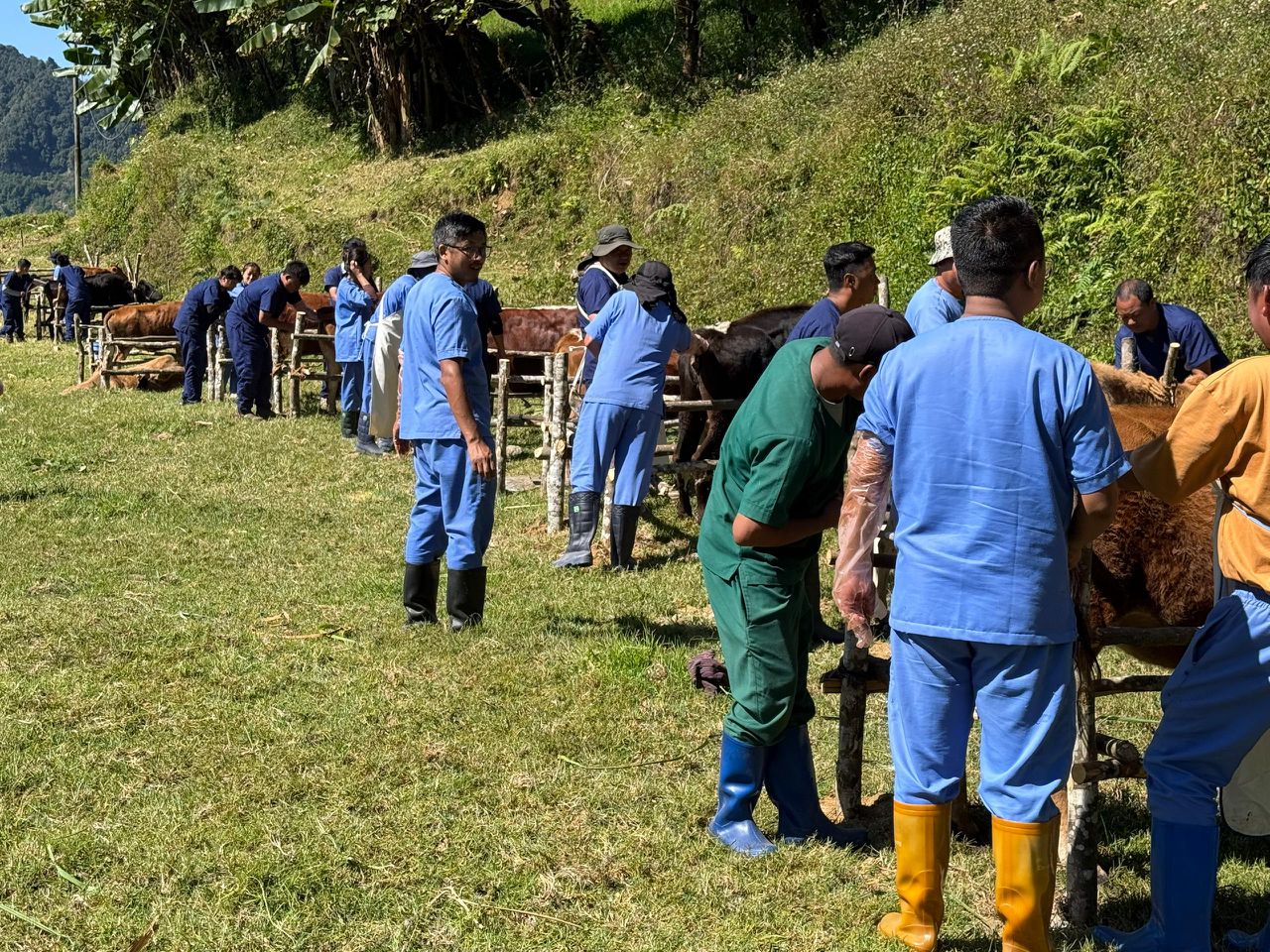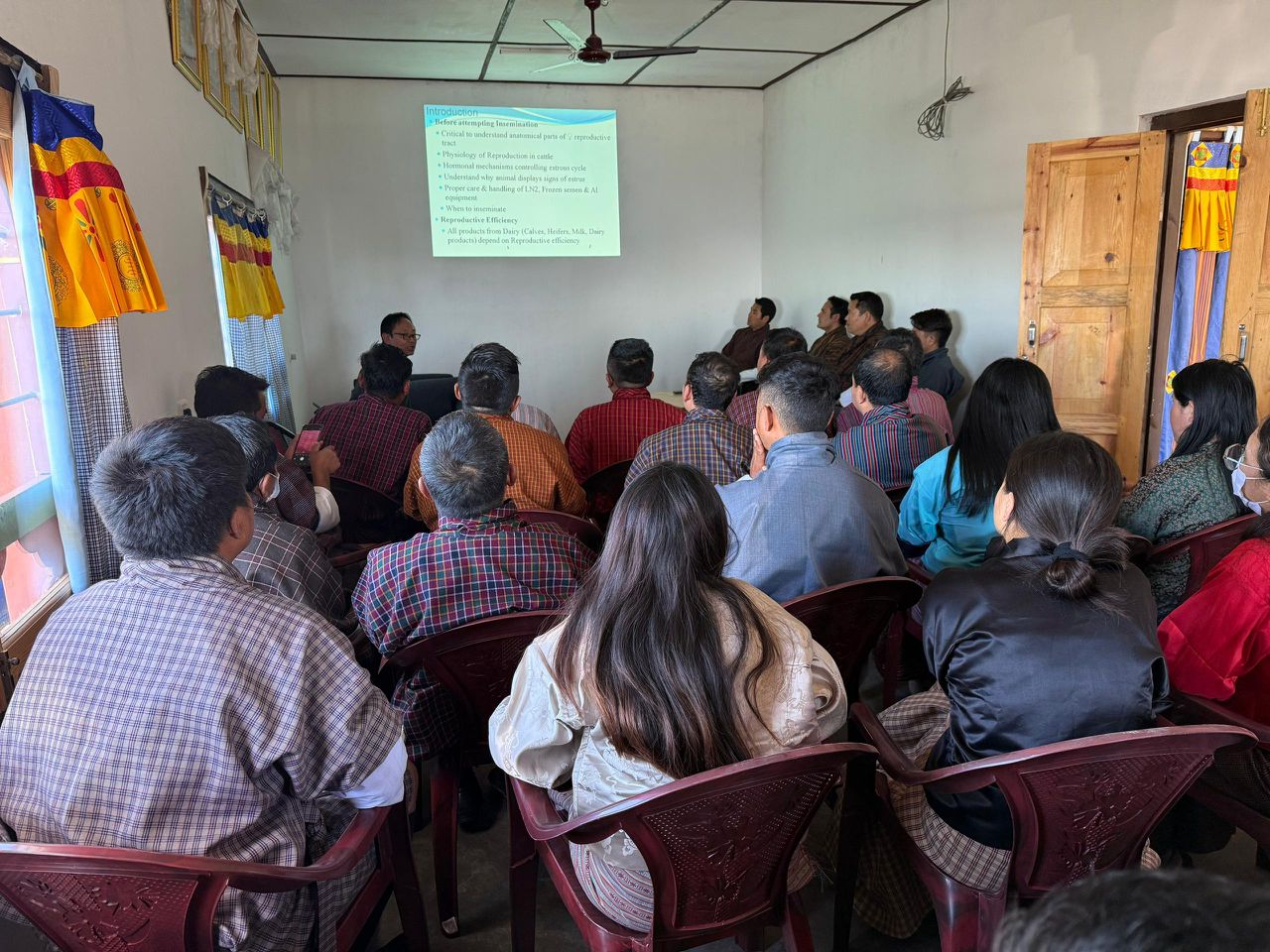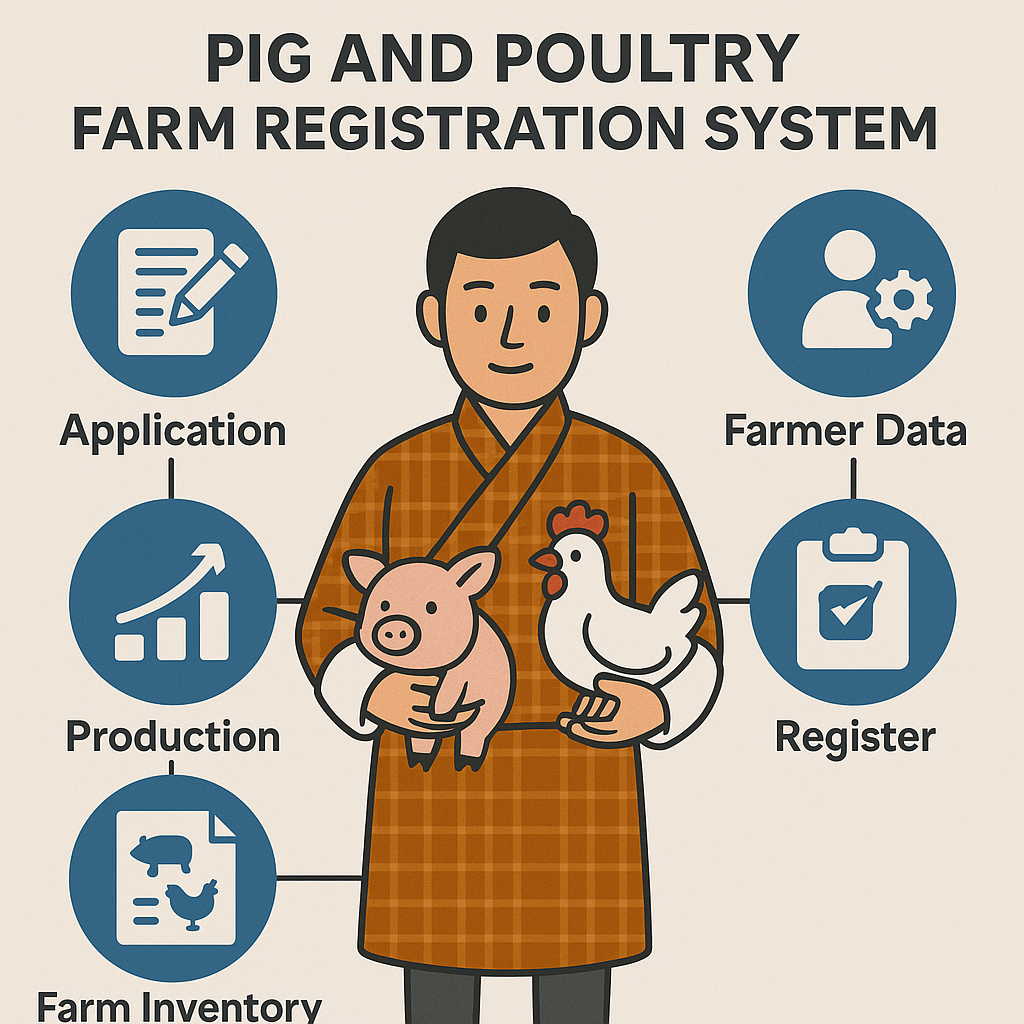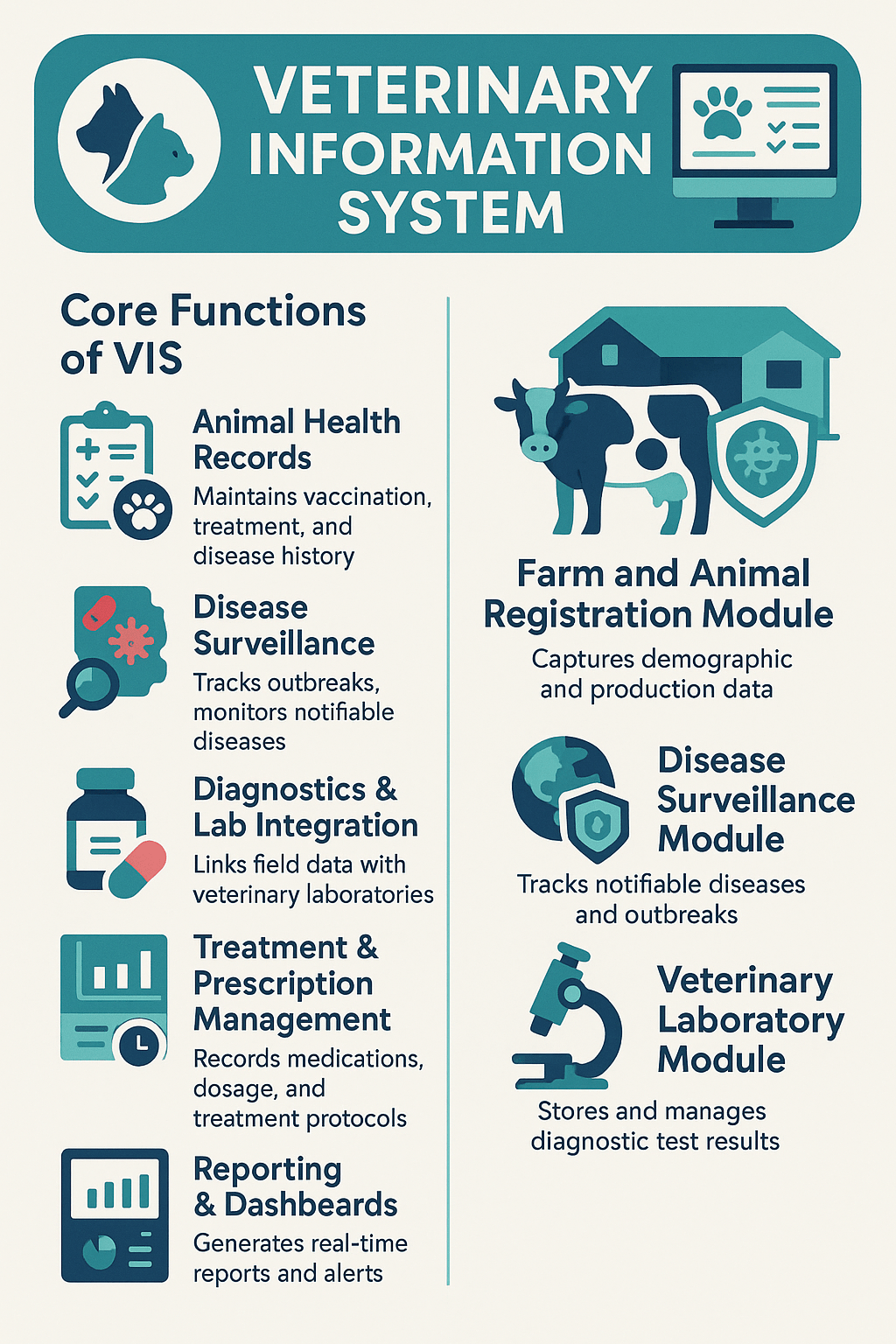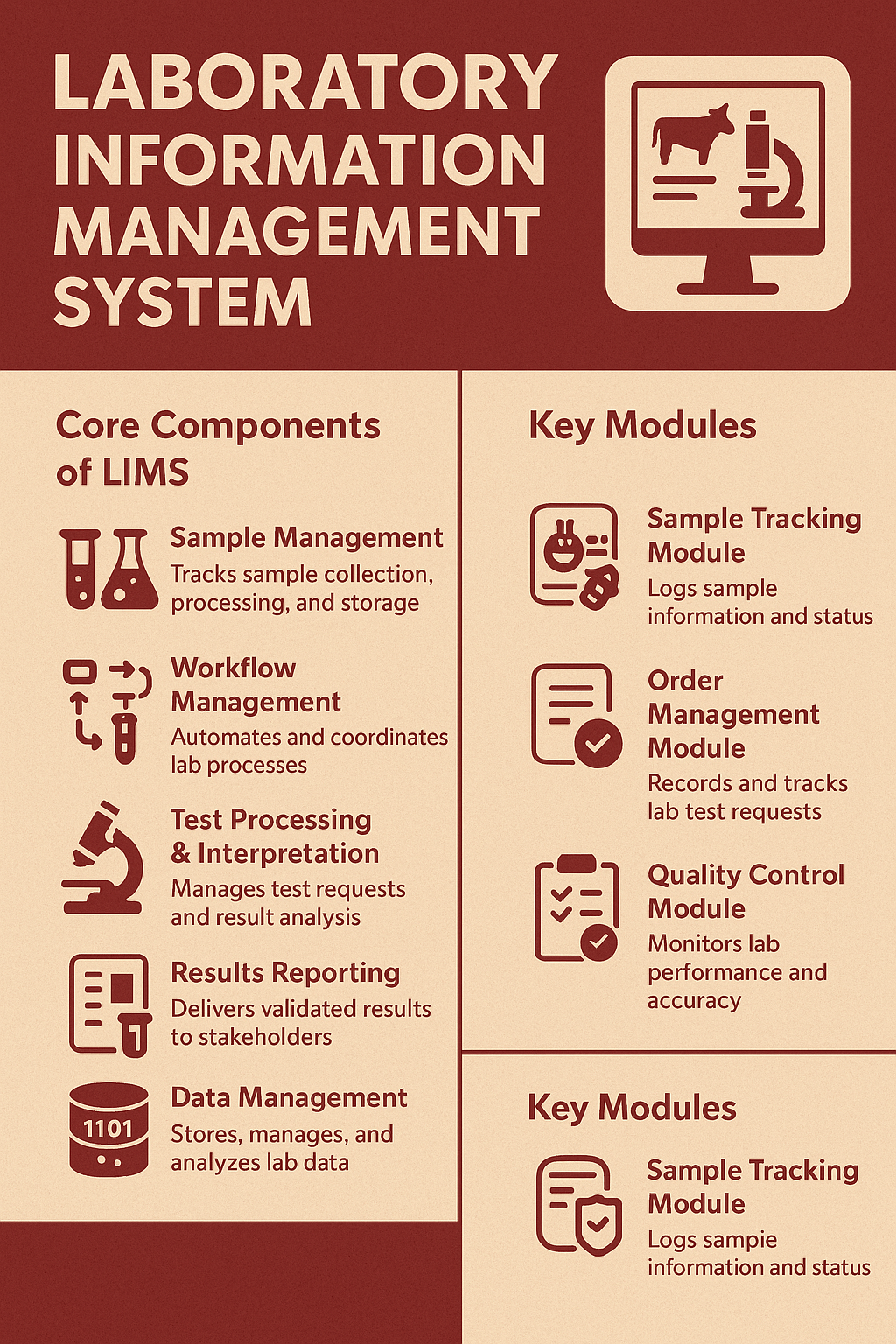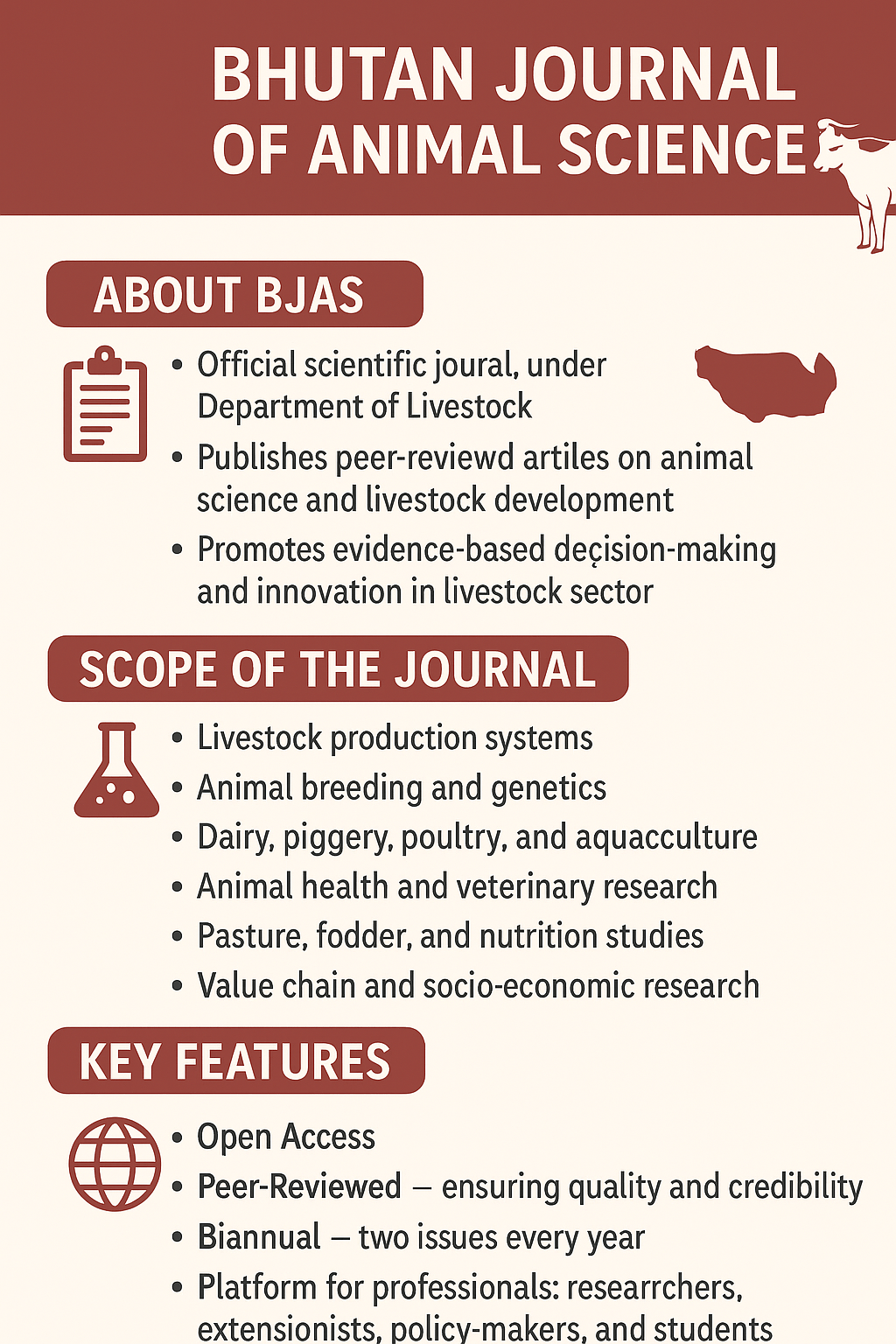The Department of Livestock, led by the Livestock Production Division has initiated the sensitization program on the Livestock Strategies and Action Plans to build a common understanding and readiness for implementation among key technical institutions and field teams. The 𝐩𝐫𝐨𝐠𝐫𝐚𝐦 𝐛𝐞𝐠𝐚𝐧 𝐢𝐧 𝐁𝐮𝐦𝐭𝐡𝐚𝐧𝐠 𝐨𝐧 𝟐𝟖 𝐎𝐜𝐭𝐨𝐛𝐞𝐫 𝟐𝟎𝟐𝟓, involving the National Development Centre for Animal Nutrition (NDCAN), National Sheep Farm (NSF), and the National Cattle Breeding Centre (NCBC). This marks the start of a sensitization effort, which will be extended to other major centres and farms in the coming weeks to ensure a coordinated and effective rollout of the strategies across the country.
These strategies and action plans were 𝐨𝐟𝐟𝐢𝐜𝐢𝐚𝐥𝐥𝐲 𝐥𝐚𝐮𝐧𝐜𝐡𝐞𝐝 𝐨𝐧 𝟐𝟔 𝐒𝐞𝐩𝐭𝐞𝐦𝐛𝐞𝐫 𝟐𝟎𝟐𝟓 by the Department of Livestock, Ministry of Agriculture and Livestock, as part of the broader national effort to achieve the targets of the 13th Five Year Plan (FYP). They have been developed for major livestock commodities, including dairy, animal nutrition, sheep, and other priority subsectors that are central to national food security and rural economic development.
Importantly, these documents are primarily 𝐟𝐨𝐜𝐮𝐬𝐞𝐝 𝐨𝐧 𝐬𝐭𝐫𝐞𝐧𝐠𝐭𝐡𝐞𝐧𝐢𝐧𝐠 𝐬𝐮𝐩𝐩𝐨𝐫𝐭 𝐬𝐞𝐫𝐯𝐢𝐜𝐞𝐬 𝐝𝐞𝐥𝐢𝐯𝐞𝐫𝐞𝐝 𝐭𝐡𝐫𝐨𝐮𝐠𝐡 𝐠𝐨𝐯𝐞𝐫𝐧𝐦𝐞𝐧𝐭 𝐜𝐞𝐧𝐭𝐫𝐞𝐬 𝐚𝐧𝐝 𝐟𝐚𝐫𝐦𝐬, 𝐰𝐡𝐢𝐜𝐡 𝐬𝐞𝐫𝐯𝐞 𝐚𝐬 𝐭𝐡𝐞 𝐭𝐞𝐜𝐡𝐧𝐢𝐜𝐚𝐥 𝐛𝐚𝐜𝐤𝐛𝐨𝐧𝐞 𝐟𝐨𝐫 𝐥𝐢𝐯𝐞𝐬𝐭𝐨𝐜𝐤 𝐝𝐞𝐯𝐞𝐥𝐨𝐩𝐦𝐞𝐧𝐭. By clearly outlining the major interventions and strategies, these documents aim to ensure consistent and reliable delivery of critical services such as breeding, input supply, feed and fodder support, genetic improvement, value chain development, and technical backstopping. This structured service delivery is essential to achieve the production targets and transformation goals of the 13th FYP.
The strategic framework emphasizes increasing productivity, improving input and breeding systems, enhancing value chains, promoting climate-smart and sustainable practices, and enabling stronger institutional coordination. It also places emphasis on leveraging digital systems and private sector engagement to scale up impact.





![]()


